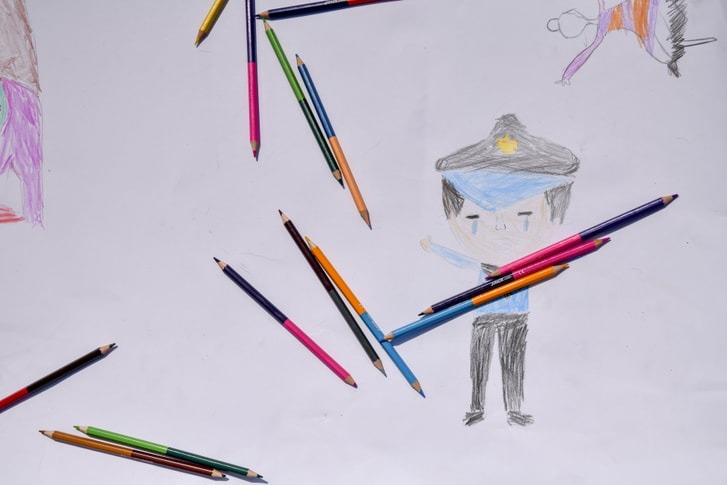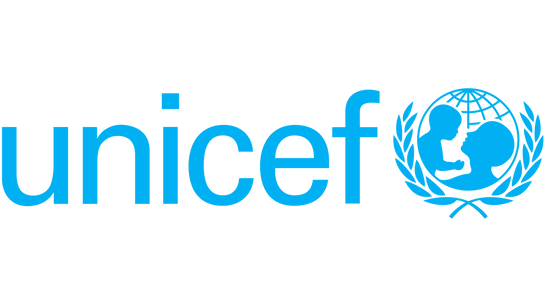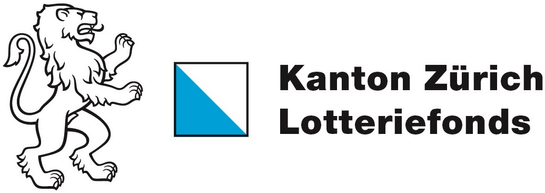The Child Protection Hub is a network of child protection professionals in South-East Europe was created in 2015, out of a need for child protection professionals to have an online space where they can share resources and knowledge and learn from each other’s experiences from across countries.

Our impact:
20,000
professionals benefited from learning and networking opportunities
500,000
children and their family members had access to improved child protection services
5000
publications and 25 e-courses are freely available on the web portal
The project was developed with 4 partner in 8 countries, with a triple purpose:
1. Provide opportunities for learning using new technologies (e-learning, webinars, online case discussions),
2. Create space for peer-to-peer learning (through meetings, conferences, roundtables as well as online communities of practice), and
3. Gather more information on certain child protection issues and advocate for better protection of children in the region.
Sharing knowledge about child protection
While the project itself ended, the Child Protection Hub web portal is still active and live, offering any interested person free access to all the available resources. Agreements have been signed with various European institutions and organisations, that can put online their news and resources onto the ChildHub and reach out to the 6000-strong newsletter subscriber base to promote their work. Webinars continue to be organised and Tdh is happy to host other organisations’ online events. The ChildHub Academy is also home to new e-learning courses that are developed within other Tdh projects. Thanks to the services, documentary resources and innovative tools it offers, this platform unleashes the potential of thousands of child protection players to make a positive difference in the lives of these children.
During its first five years, the Child Protection Hub had a positive impact on the life of over 500,000 children and their families. It continues to develop the personal and professional competencies of the child protection workforce and to support regional cooperation and cross-learning.
ChildHub has become more than just a knowledge portal: Terre des hommes has developed a model of operations based on the project, which has given way to several future interventions. Most notably, the Safeguarding Resource and Support Hub has used the ChildHub model in developing country-based Hubs with local networks of organisations and professionals, a mentoring programme and trainings – accompanied by a knowledge portal which features practical, focused tools that can assist smaller, less-resourced civil society organisations improve their safeguarding systems and practices.
Other ChildHub-based web portals include the MENA Protection Hub (also by Terre des hommes), the FOCUS project website, and the child safeguarding platform of UEFA.
“By now, ChildHub is the go-to place for thousands of European professionals, while the model of operation of ChildHub has been adopted by other projects around the world. I am proud to have been there to accompany this process since 2015.”
Supported by

ECHO
The European Commission's Humanitarian Aid department (ECHO) funds relief operations for victims of natural disasters and conflicts outside the European Union.

UNICEF
UNICEF - United Nations Children's Fund: UNICEF works in more than 190 countries and territories to save children's lives, protect their rights and help them reach their potential, from early childhood through adolescence.

Zürich Lottery Funds
The Zürich Lottery Fund is a lottery financed by Swisslos from the profits to which the Canton of Zurich is entitled. The fund is mainly used to make contributions to culturally or socially active, non-profit and not-for-profit organisations.

Oak Foundation
Oak Foundation was established in 1983. The foundation commits its resources to address issues of global, social, and environmental concern, particularly those that have a major impact on the lives of the disadvantaged.

Austrian Development Agency
The Austrian Development Agency (ADA) aims to reduce poverty, preserve the environment and promote peace and human security in partner countries. ADA's long-term programmes and projects support self-help to ensure sustainable development.

